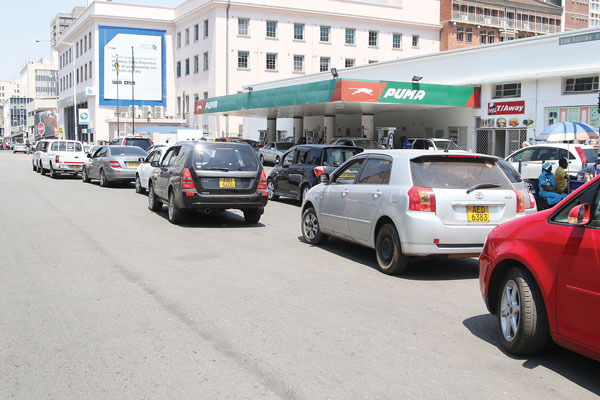
ZIMBABWE’S trade deficit rose 28% to $1,6 billion over the period February to August 2018 from $1,25 billion recorded during the same period last year, further depleting the country’s precarious import cover, which has remained around two weeks since 2015.
BY MTHANDAZO NYONI
A majority of the country’s economic problems are financial in nature and are related directly to the twin deficits: trade deficit showing the excess of imports over exports and the budget deficit showing an expenditure overrun relative to revenue.
January trade figures are not available. The Zimbabwe National Statistics Agency (ZimStat) says the Zimbabwe Revenue Authority, the source of merchandise trade data, did not provide the data.
The latest ZimStat trade report showed that between February and August 2018, the country imported goods and services worth $4,01 billion against exports of $2,41 billion. Last year, imports were $3,18 billion against exports of $1,93 billion.
The report further showed that imports remain heavily skewed towards consumption goods.
The top six import drivers were ranked as diesel, which guzzled $612 million, followed by unleaded petrol ($309 million), electrical energy ($131 million), crude soya bean oil ($84 million), broken rice ($70 million) and durum wheat ($60 million).
The largest foreign currency earners were gold ($828 million), followed by nickel mattes ($345 million), tobacco ($279 million), nickel ores and concentrates ($254 million), ferro-chromium ($164 million), chromium ores and concentrates ($64 million) as well as diamond ($45 million).
- Chamisa under fire over US$120K donation
- Mavhunga puts DeMbare into Chibuku quarterfinals
- Pension funds bet on Cabora Bassa oilfields
- Councils defy govt fire tender directive
Keep Reading
Finance minister Mthuli Ncube, through the transitional stabilisation programme (TSP) launched last Friday, plans to institute measures that seek to strengthen the economy’s balance of payments.
The measures will seek to enhance exports, currency competitiveness, capital inflows as well as reducing overdependence on imports.
“Consequently, while a new and more competitive currency appears to be part of the solution, it will be a challenge to introduce, given low confidence in its stability and little foreign reserves to support it,” reads part of the TSP.











